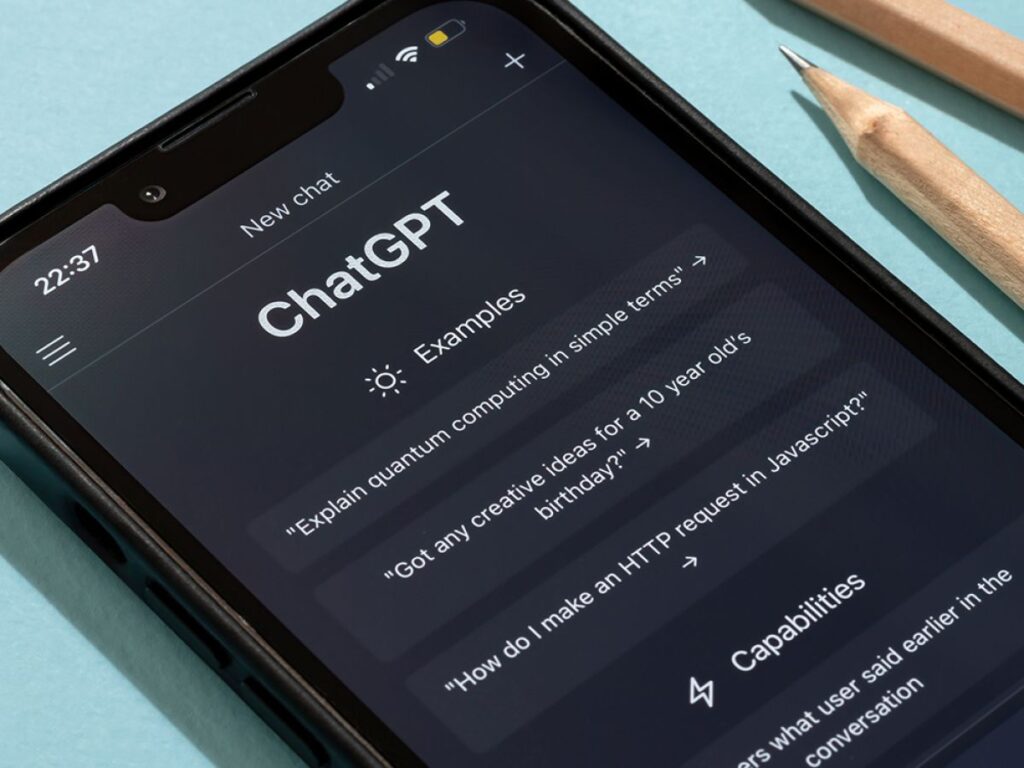seniorspectrumnewspaper – OpenAI has disclosed important data about the mental health-related conversations that occur in ChatGPT. In a blog post published Monday, the company revealed that while discussions about sensitive topics like suicide and self-harm are rare. Their scale is significant due to the vast user base of over 800 million active weekly users. This disclosure follows growing concerns about the potential negative impact of AI chatbots on users’ mental health.
Read More : Microsoft and OpenAI Strengthen Ties with New AI Agreement
The company conducted a detailed analysis to better understand how often ChatGPT encounters troubling conversations. OpenAI’s research showed that “mental health conversations that trigger safety concerns” are uncommon. However, given ChatGPT’s global reach. Even small percentages of users could mean hundreds of thousands of individuals engaging in such discussions. Specifically, OpenAI found that 0.15% of weekly active users engage in conversations involving explicit signs of suicidal thoughts or planning. This accounts for about 1.2 million users, a startling number given ChatGPT’s popularity.
In addition to self-harm-related conversations, OpenAI also looked at other serious mental health issues, including psychosis and mania. According to their findings, around 0.07% of users. Or approximately 560,000 people, may show signs of these conditions through their interactions with the chatbot. Even less common were signs of emotional reliance on the AI. With 0.15% of active users displaying signs of becoming overly dependent on ChatGPT for emotional support.
Updates to ChatGPT’s Safety Measures
To address these concerns, OpenAI has made significant updates to ChatGPT’s behavior. Working with over 170 mental health experts to strengthen the system’s responses. The new version of ChatGPT is designed to handle sensitive topics with more care, promoting real-world human connections for users who express emotional reliance on the chatbot. For example, if a user indicates they prefer talking to AI over real people, the model now encourages them to reach out to others.
Additionally, the updated ChatGPT aims to challenge any clearly unrealistic or harmful thoughts that users may express. In one case, when a user mentioned that an aircraft could steal their thoughts, ChatGPT responded, “Let me say this clearly and gently: No aircraft or outside force can steal or insert your thoughts.” Such responses are part of a broader effort to prevent the chatbot from reinforcing dangerous or delusional beliefs.
Read More : Elon Musk Struggles with Leaving California Behind
OpenAI reports that these safety improvements have reduced problematic responses by 65% to 80% across various mental health topics. The updated version, which is rolling out now, also encourages users to seek professional help when necessary. However, some early feedback suggests that the new model may be overly cautious, sometimes flagging even mild signs of distress too quickly. This reaction has sparked mixed responses, with some users feeling that the AI is too quick to intervene.
As AI technology continues to evolve, OpenAI’s efforts reflect a growing awareness of the potential mental health impacts of AI systems. The company’s focus on user safety, especially in the context of mental health, is a critical part of the ongoing development of ethical and responsible AI.


